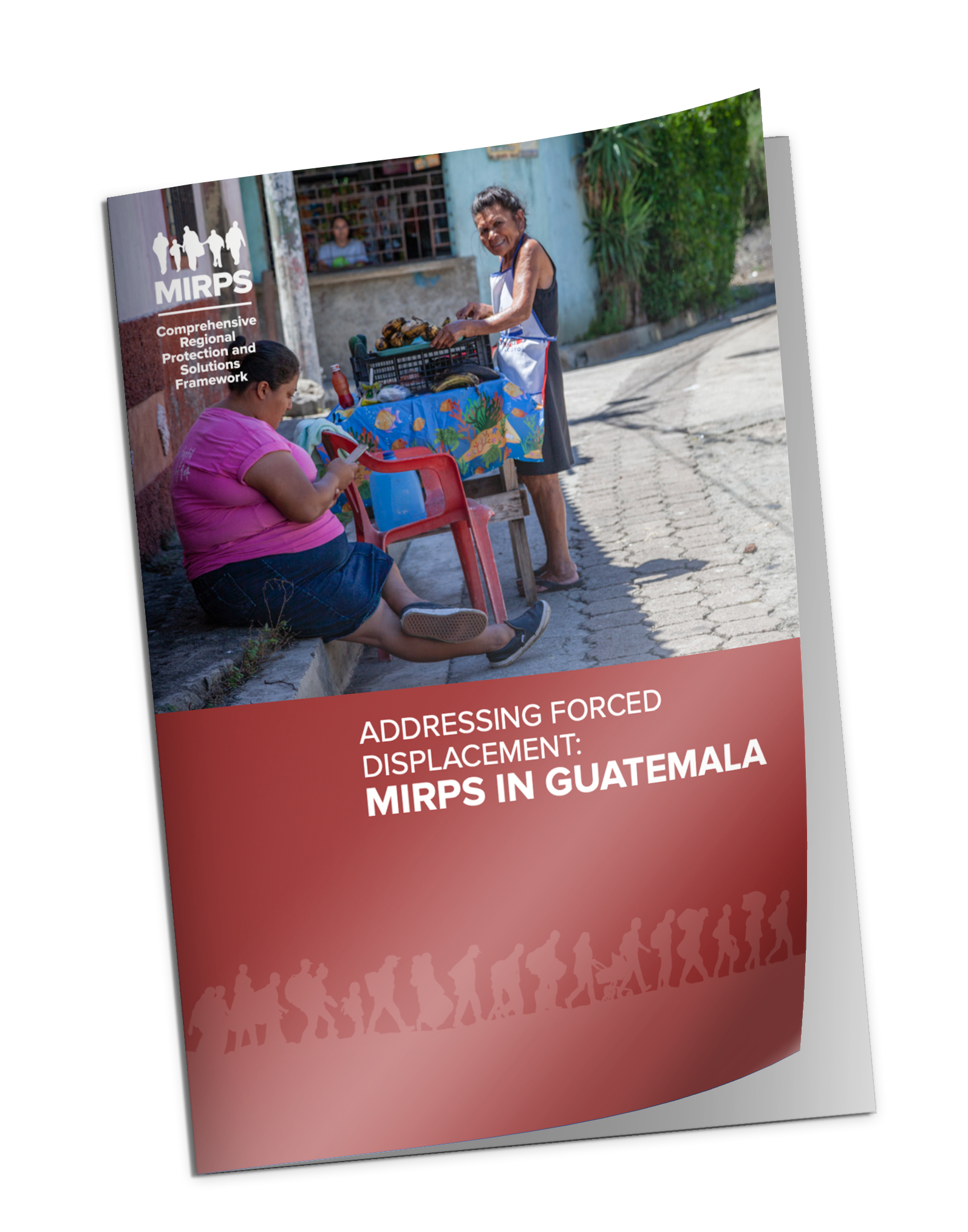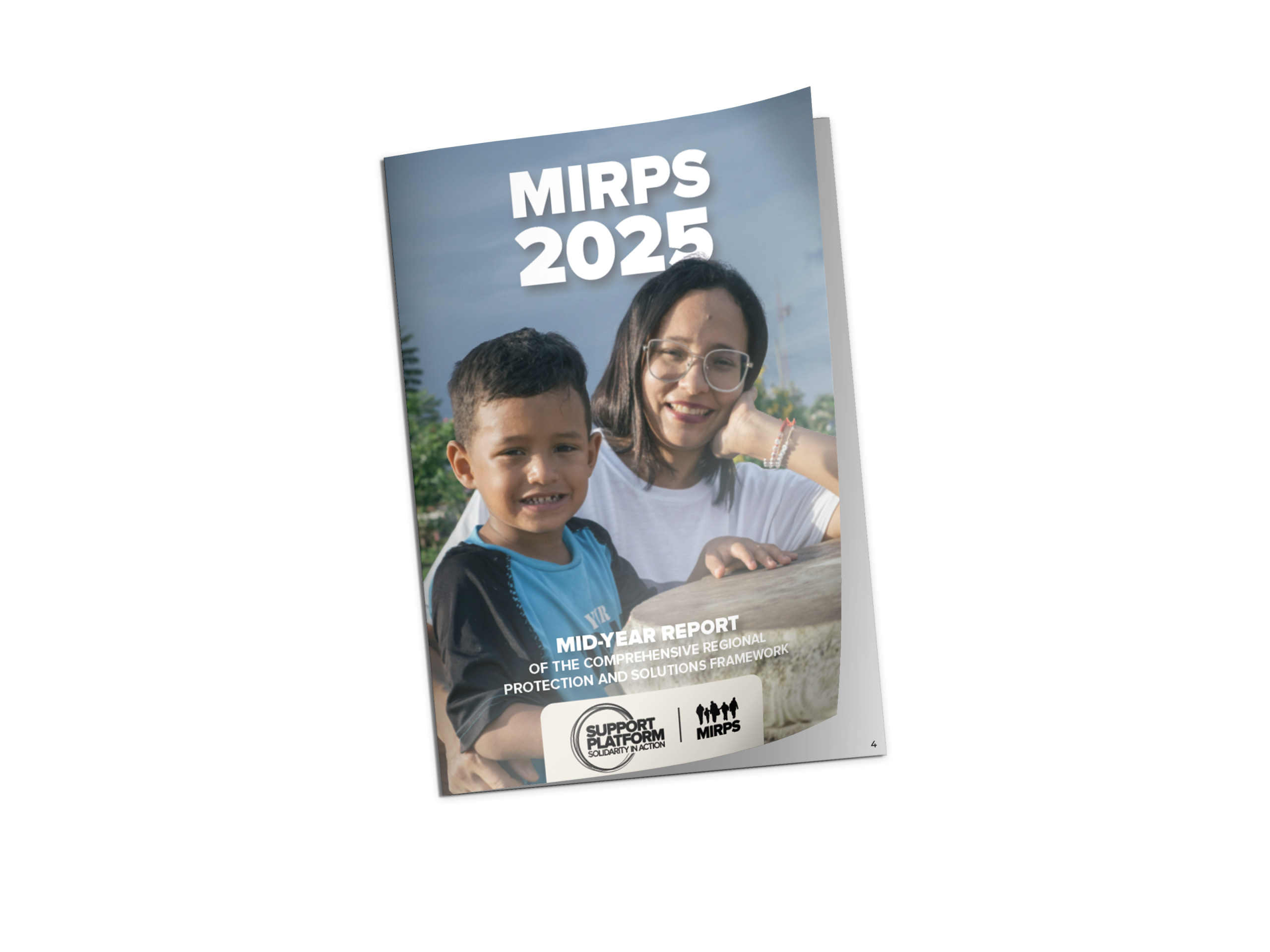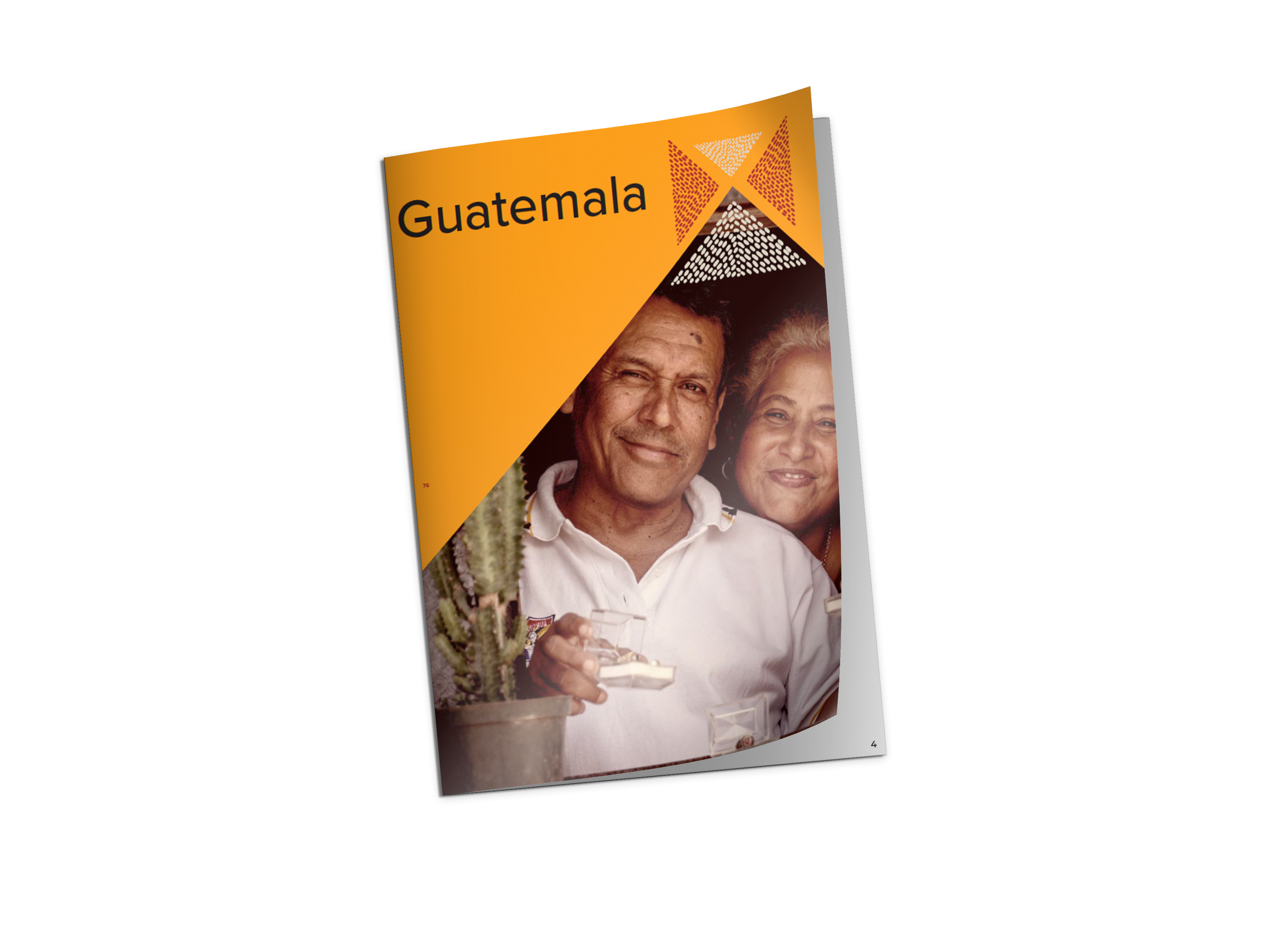Guatemala
MIRPS in Guatemala
Guatemala can be seen from different perspectives: as the country of origin of migrants and refugees, as a country of return, as a host country, and as a transit country, mainly for people from Central America. Guatemala is also becoming a country of refuge for a small but growing number of refugees who seek international protection. To address the situation, Guatemala joined the MIRPS in 2017 and has made progress in the implementation of its commitments to provide protection and solutions for the displaced population. Nonetheless, to address the needs of the thousands of people seeking safety in the country, the support of the international community is needed to ensure the provision of specialized, differentiated, safe, and decent reception conditions, the strengthening of the institutions that govern the protection of children and adolescents in border areas for returnees with international protection needs, and other vulnerable people (LGBTIQ+, survivors of SGBV), and jobs and livelihood opportunities to promote the labour inclusion of refugees and applicants for recognition of refugee status, and returnees with protection needs.
National Action Plan Focus Areas

Protection
11 commitments

Jobs and Livelihoods
5 commitments

Education
3 commitments

Health
4 commitments
Progress according to the 2025 Mid-Year Report

The Refugee Status Determination Department conducted mobile outreach in border areas, assisting 98 individuals in Chiquimula. Additionally, permanent guidance and follow-up services are provided in Quetzaltenango and Chiquimula. A total of 163 applications and 41 refugee cases were processed.

The Psychological Clinic provides first aid, crisis support, and therapeutic accompaniment to asylum seekers and refugees. Over 120 sessions have been conducted, primarily with women.

The digital extension platform allows applicants to obtain their Provisional Stay Status online within 72 hours. This avoids travel to the capital, saves resources, and ensures continuity in the process. In 2024, 13,332 extensions were issued, and in 2025, 10,933 have been issued so far, with 2,007 registered users.

In 2025, support was provided to 5,070 adolescents through therapeutic processes and to 2,885 individuals through the Family School. Additionally, 222 received technical training, and 423 continued their studies. More than 1,000 at-risk youth received guidance, and the interinstitutional network was strengthened.

The Ministry of Labor issued 417 permits to asylum seekers and 39 to refugees between January and June 2025. Training was provided to 119 returnees, and forums were held with 140 companies.

The Ministry of Education, through DIGEEX, implements the Home Return Plan and the Educational Integration Strategy. In 2025, more than 765 returnees received guidance on programs and flexible services.



